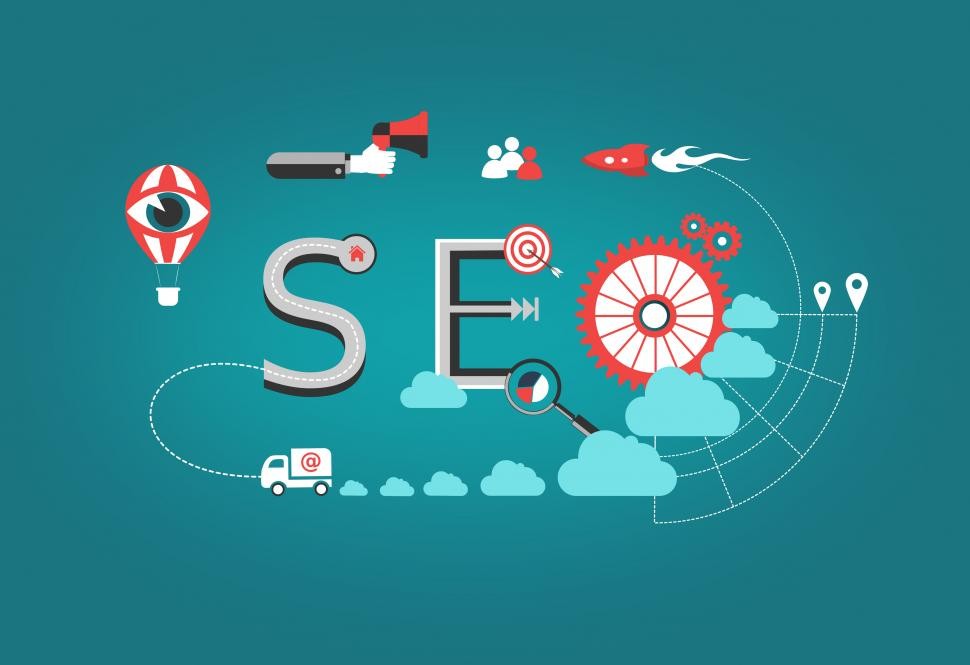
In today’s fast-evolving digital landscape, the role of search engine optimization (SEO) has become increasingly sophisticated, especially with the rise of artificial intelligence (AI) technologies. AI tools are transforming how SEO is practiced, offering unprecedented levels of automation, efficiency, and data-driven insights. However, these advancements also raise ethical concerns about the potential loss of authenticity, transparency, and trust in online content. As businesses, marketers, and SEO professionals embrace these technologies, finding the right balance between automation and authenticity is key to maintaining ethical SEO practices.
The Rise of AI in SEO
AI has made significant strides in the SEO industry, providing tools that can streamline tasks such as keyword research, content creation, and even link building. AI-powered algorithms and machine learning models can analyze vast amounts of data in seconds, identifying patterns and trends that would be impossible for humans to detect in a reasonable time frame. These capabilities have made it easier for SEO professionals to optimize content for search engines and users alike.
However, the increasing reliance on AI also introduces ethical challenges. One of the most prominent concerns is the potential for AI-generated content to prioritize keywords and search engine algorithms over genuine user intent and value. While AI can generate vast amounts of content quickly, there is a risk that it may lack the human touch that resonates with real users. AI can analyze data and generate content, but it cannot replicate the nuance, creativity, or emotional intelligence that human writers bring to the table.
Automation in SEO: The Benefits and Risks
Automation is a double-edged sword. On the one hand, automation tools can help SEO professionals save time and effort. Tasks like backlinking, keyword tracking, and content distribution are more efficient when automated, allowing teams to focus on higher-level strategic work. For example, an enterprise seo consultant can use AI to automate repetitive processes while still ensuring that the overall SEO strategy aligns with a company’s goals. This allows for faster implementation of SEO strategies and can lead to better performance in search engine rankings.
On the other hand, automation can lead to a lack of authenticity in content and strategies. AI-generated content can be seen as “robotic” or impersonal if not carefully crafted. Search engines, like Google, are becoming increasingly adept at detecting low-quality, AI-generated content that lacks the depth and originality that users expect. This has led to a renewed emphasis on creating content that not only meets technical SEO requirements but also delivers real value to users.
Authenticity in SEO: Why It Matters
Authenticity has always been a cornerstone of ethical SEO. Content that is genuinely useful, engaging, and informative tends to perform better in the long run, as it is more likely to resonate with users and be shared across platforms. Authentic content is also more likely to build trust with audiences, which is invaluable in today’s competitive digital world.
One of the biggest risks of relying too heavily on AI in SEO is the potential to sacrifice authenticity for efficiency. AI might generate content that ranks well but doesn’t necessarily address the true needs or concerns of users. Search engines like Google prioritize user experience, and algorithms are continuously evolving to reward content that is both relevant and high-quality.
As such, SEO professionals must always prioritize the user’s needs when creating content, even when using AI tools. The goal should be to create content that is not only optimized for search engines but also offers genuine value to readers. This is where the art of SEO intersects with the science of AI — it’s about finding a balance.
Ethical SEO: Striving for a Balance
To navigate the ethical challenges of SEO in a world of AI, businesses must strive to strike a balance between automation and authenticity. This involves embracing AI tools while remaining grounded in the core principles of ethical SEO, such as transparency, honesty, and delivering value to users.
Transparency is one of the most important aspects of ethical SEO. SEO professionals should be transparent about their use of AI and automated tools, ensuring that clients and users are aware of how content is being created and optimized. Ethical SEO practices also involve avoiding manipulative tactics such as keyword stuffing, clickbait, or misleading meta tags that deceive users into clicking on links.
In addition, marketers must avoid the temptation to use AI for “short-term gains” that might ultimately harm the user experience. For example, AI might be used to generate content with the sole purpose of ranking well in search engines, but if that content doesn’t serve the user’s needs, it can lead to high bounce rates, poor engagement, and ultimately, a drop in rankings. In this way, businesses must focus on building long-term relationships with users through quality content and ethical SEO practices.
The Role of SEO Consultants in Maintaining Ethical SEO
SEO consultants, particularly enterprise seo consultants, play a crucial role in ensuring that businesses stay on track with ethical SEO practices. These professionals bring expertise to the table, helping organizations craft strategies that balance automation with authenticity. They understand how to use AI tools effectively without compromising on the quality and relevance of content. By working with businesses to develop tailored SEO strategies, consultants ensure that automation is used to enhance the user experience rather than undermine it.
As AI continues to evolve, the role of the SEO consultant will be even more important. Consultants must stay informed about the latest technological advancements and best practices while upholding the ethical standards of SEO. By focusing on both the technical and human aspects of SEO, consultants help businesses navigate the complexities of digital marketing in a way that is both efficient and responsible.
Conclusion
Ethical SEO in a world of AI requires a delicate balance between leveraging automation and maintaining authenticity. As AI continues to transform the SEO industry, professionals must ensure that the content they create is not only optimized for search engines but also valuable, relevant, and genuine. By focusing on transparency, user experience, and long-term value, businesses can navigate the ethical challenges of SEO and build a sustainable digital presence in New York.
While AI provides incredible opportunities for efficiency and innovation, it should never overshadow the human elements that make SEO effective in the first place. By working with trusted experts, such as an enterprise seo consultant, and prioritizing ethical practices, businesses can ensure that their SEO strategies remain both effective and responsible.






